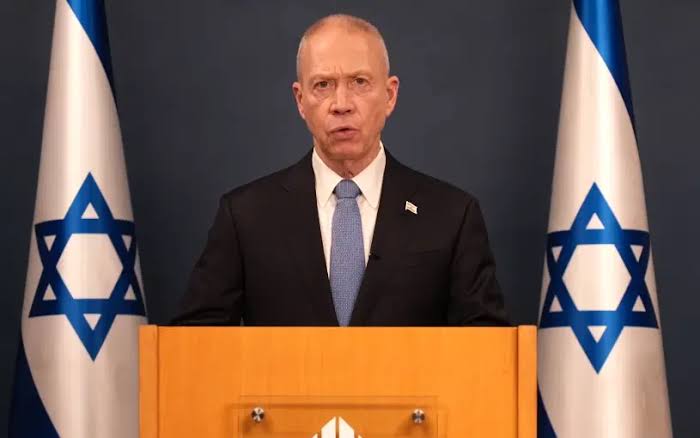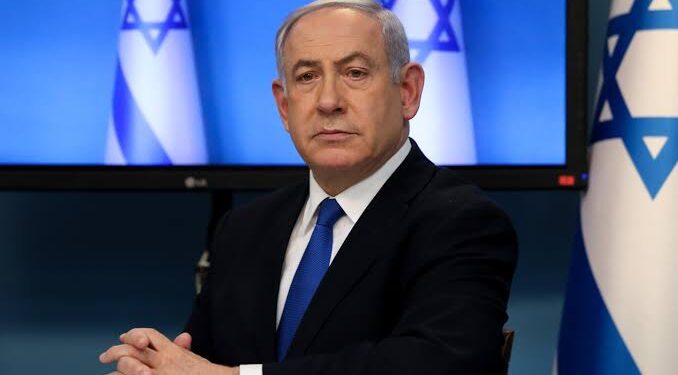Israel Defence Minister Yoav Gallant declared a 48-hour nationwide state of emergency beginning at 06:00 a.m. (0300 GMT) on Sunday, following what the Israeli military described as pre-emptive strikes in Lebanon.
“The declaration of a state of emergency allows the IDF (Israeli military) to issue instructions to Israeli citizens, such as limiting gatherings and closing sites where appropriate,” Gallant said in a statement released by his office.
Referring to earlier local emergency measures, he stated, “I am convinced that there is a high probability of an attack against the civilian population in areas of the country where the declaration of a special situation did not apply.”
“I am declaring a specific situation on the home front in other parts of the country.”The situation is valid for 48 hours beginning at 6:00 a.m.,” Gallant stated.

In a second statement, the military ministry stated that Gallant informed US Secretary of military Lloyd Austin on the current situation.
“We have conducted precise strikes in Lebanon in order to thwart an imminent threat against the citizens of Israel,” Gallant said Austin, according to the statement. “We are closely following developments in Beirut, and we are determined to use all the means at our disposal in order to defend our citizens.”
According to the statement, the two leaders discussed the importance of avoiding regional escalation.
In Essence
The decision to impose a state of emergency allows the Israeli Defense Forces (IDF) to take swift and decisive actions to protect civilians. This includes limiting public gatherings and potentially closing vulnerable sites, which indicates the seriousness with which the Israeli government views the threat. The emergency measures also suggest that the Israeli military is bracing for possible attacks that could target civilians, extending the special situation status to other parts of the country.
The communication between Gallant and U.S. Secretary of Defense Lloyd Austin highlights the international dimension of the situation. The coordination with the United States, a key ally, shows that Israel is seeking to manage the situation carefully to avoid broader regional escalation, while also demonstrating its resolve to protect its citizens.














